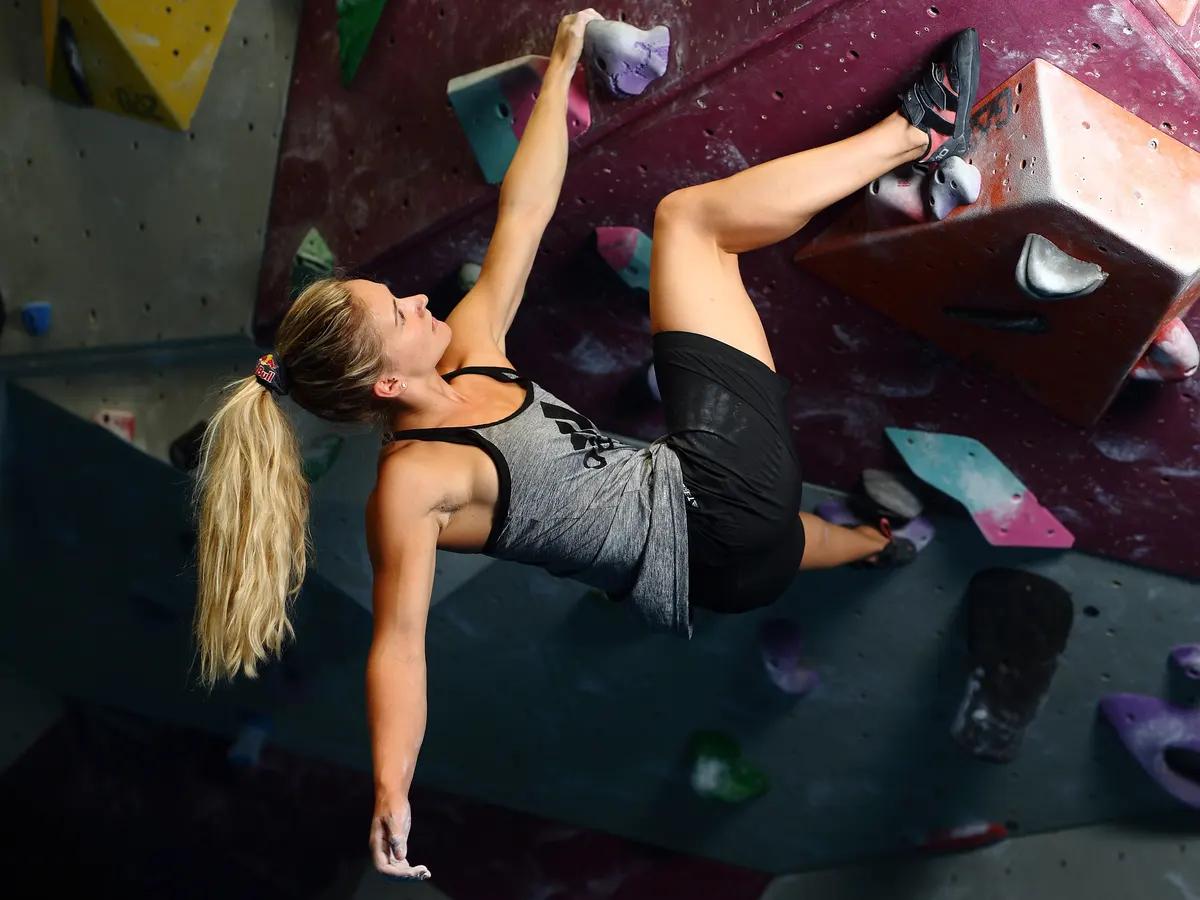The description of this question is lengthy because I want to make my situation precise , well-defined and detailed to avoid answers covering what I've already made my decisions with (Like how about X or Y and why don't you change this or that, etc).
I'm currently considering a heroines-oriented story in 15th century, an AltHistory Europe. Some of these female protagonists have Fixed background about their occupations -
Legally Accepted Noble Knights and military commanders (who are also legal heir of their nobility families unlike accoladed ones such as Jeanne d'Arc or Brienne), and also squires, they shares the same procedure of knight training like male noble kids, they also have full authority over their fiefdoms just like how a male feudal Lord would have.
Physicians, Alchemists, University Professors and Students in “natural science”. Also Alchemists.
Hunters, forestwomen, light cavalry or other occupations involving armed scouts and border patrols
Individuals that has other military or swordfighting backgrounds (i.e. mercenaries, swordsmaster guild or city guards)
Experienced craftswomen or apprentice (Siege engineer,carpenter, swordsmith, arrowsmith, etc) or at least someone who can practice these skills individually ...
I'm writing those backgrounds under the premise that these female occupations are partly accepted (10%-30%) by the society instead of special cases. This is because there will be at least a dozen of different individuals and not just one or two.
Most of the society still distrust these women like a normal medieval society will do, some even throw insults at them, the traditional view still kept most women away from applying those, but at least there's no institutional limitations forbidding them to take those occupations (more like a “no one says i can't”).
The storyline itself will be revolved around their backstories and occupations (struggles between the families of individual female knights, how female knight manage and protect her fiefdom, education of a university students, different range of artisans for a strictly all-female bandit group...), so it is not to be changed.
Also most of these characters currently took no marriage (their more “modern” sexuality is another topic) so there's no husbands nor widowhood involved in their backstories.
Currently to explain such drastic change in the society I'm thinking about reasons like:
- Talent in magic. Though not as powerful as in most fantasy stories (more like how Witcher deals with it but also less powerful).
I'm also not going to make all of the countries having same attitudes towards women. Although the protagonist's homeland allows female noble knights, some of the more Western countries will have stricter limitations. Some country (specifically the not-England) even punished cross-dressing.
The problem is that, the original ideas for me was to write more of an authentic late medieval story but with a number of female noble knights and mercenaries individuals involved as protagonists.
But for now as I'm taking more research into genders in medieval Europe (and want to incorporate them), it seems that this setting takes too much fantasy licenses and is not that “medievaly” authentic.
While writing some female individuals taking the male's role, I'm also putting much efforts into presenting a convincing (or mostly accurate) 15th century lifestyle and (Catholic) society that is just slightly more friendly to women than usual.
Will people care about the historical accuracies on late medieval society under this setting? Would it cause an audience to walk away if they saw a female noble knights and mercenaries while pretending to be “medieval”?
I may have to forget about medieval settings and make it purely fantasy if I'm not going to change my heroines' backstories, which will be a consequence that I really hate. But I'm also not going to cover neither male protagonist warriors nor stories purely about medieval palace women, nuns or housewives dealing with daily life issues (or palace intrigue), just for making it too much “historical accurate”.
Is it really no middle place for such stories that can involve either a good number of female individuals taking men's role, but the same time making it convincing (and accurate) on late medieval life on other aspects?
Is their a better way to insert such female setting into a mostly medieval but slightly more Egalitarian world society?
Most posts on similar topics often dwell on how female's physical strength as a weakness.
I'm also asking that if a female just trained like a man since youth (e.g. Squire training since 8 and accoladed as knight in 20s, and participate in numerous conflicts during this), can they make up with their physical strength by their life long training fighting skills?



